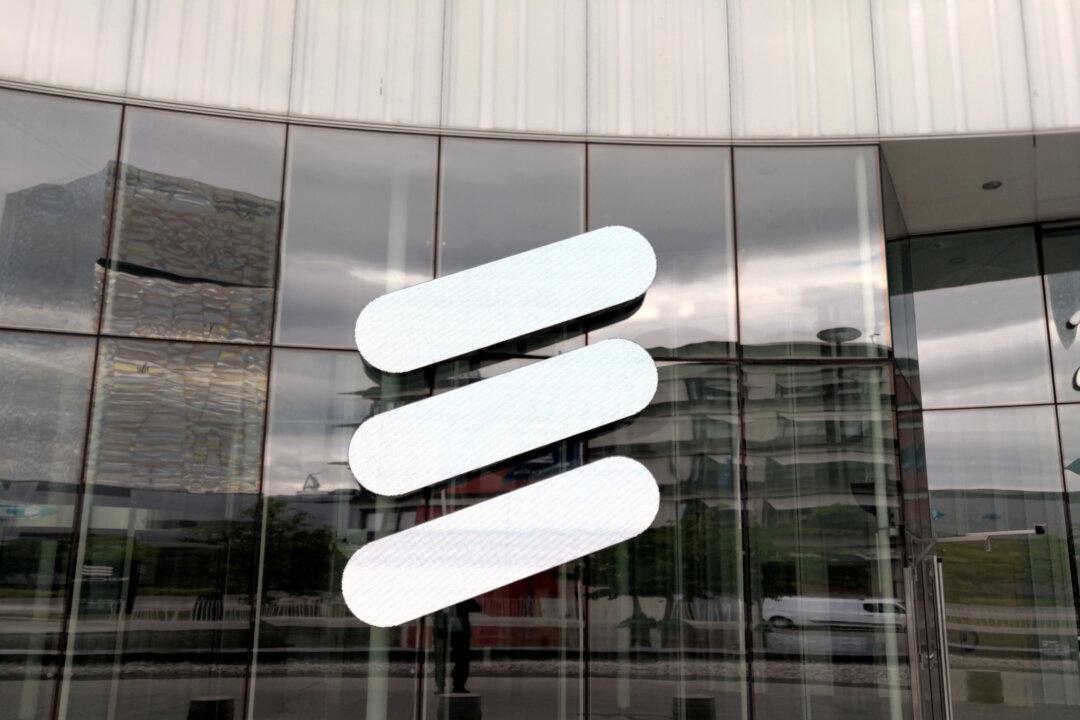COPENHAGEN—Greenland has picked Sweden’s Ericsson over China’s Huawei to supply equipment for its fifth-generation (5G) telecoms network, state telecoms operator Tele Greenland said on Dec. 19.
The decision comes as the United States is pushing allies to exclude Huawei from 5G deals, and after President Donald Trump in August offered to buy Greenland from Denmark as part of a broader strategic push into the Arctic.





